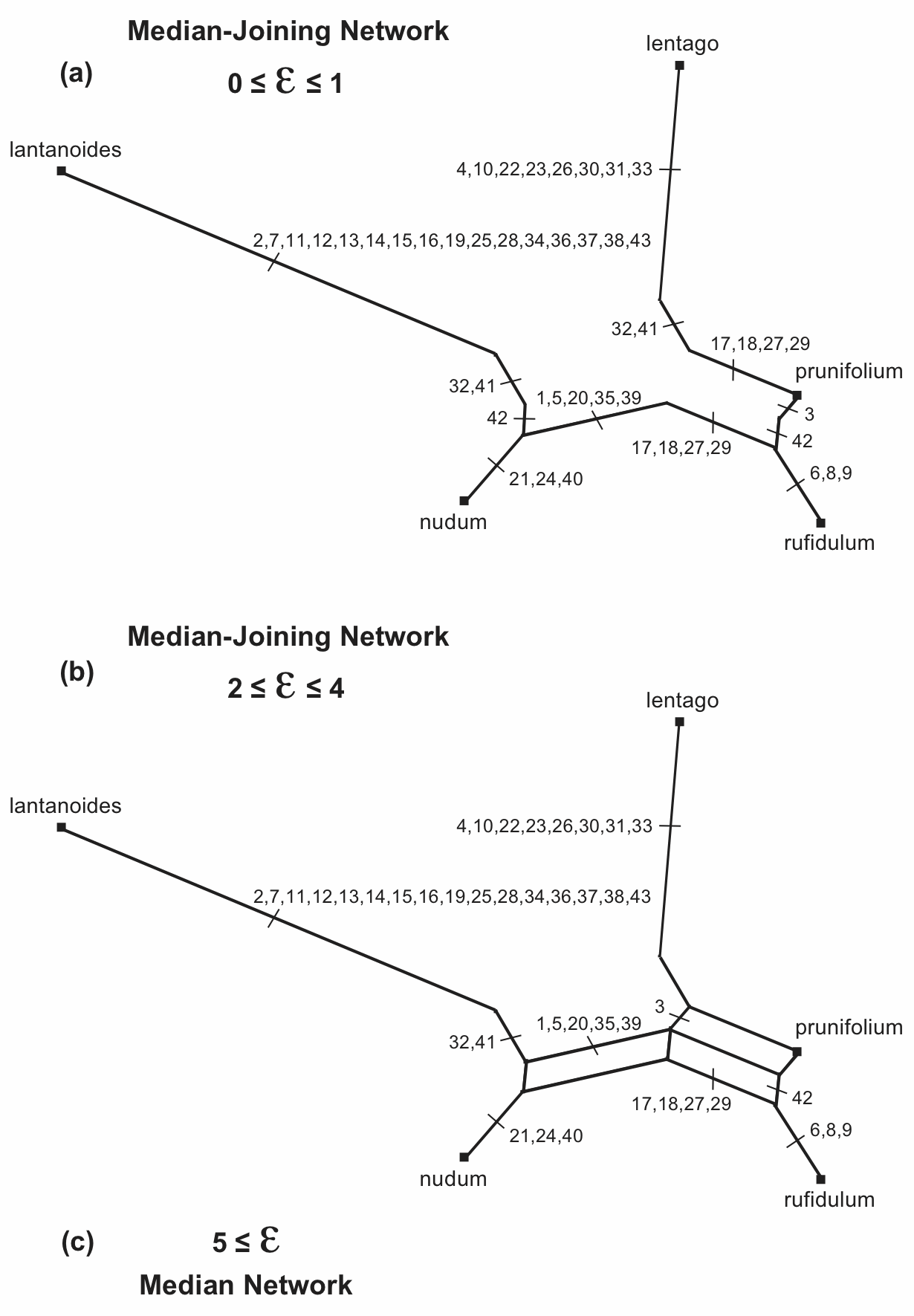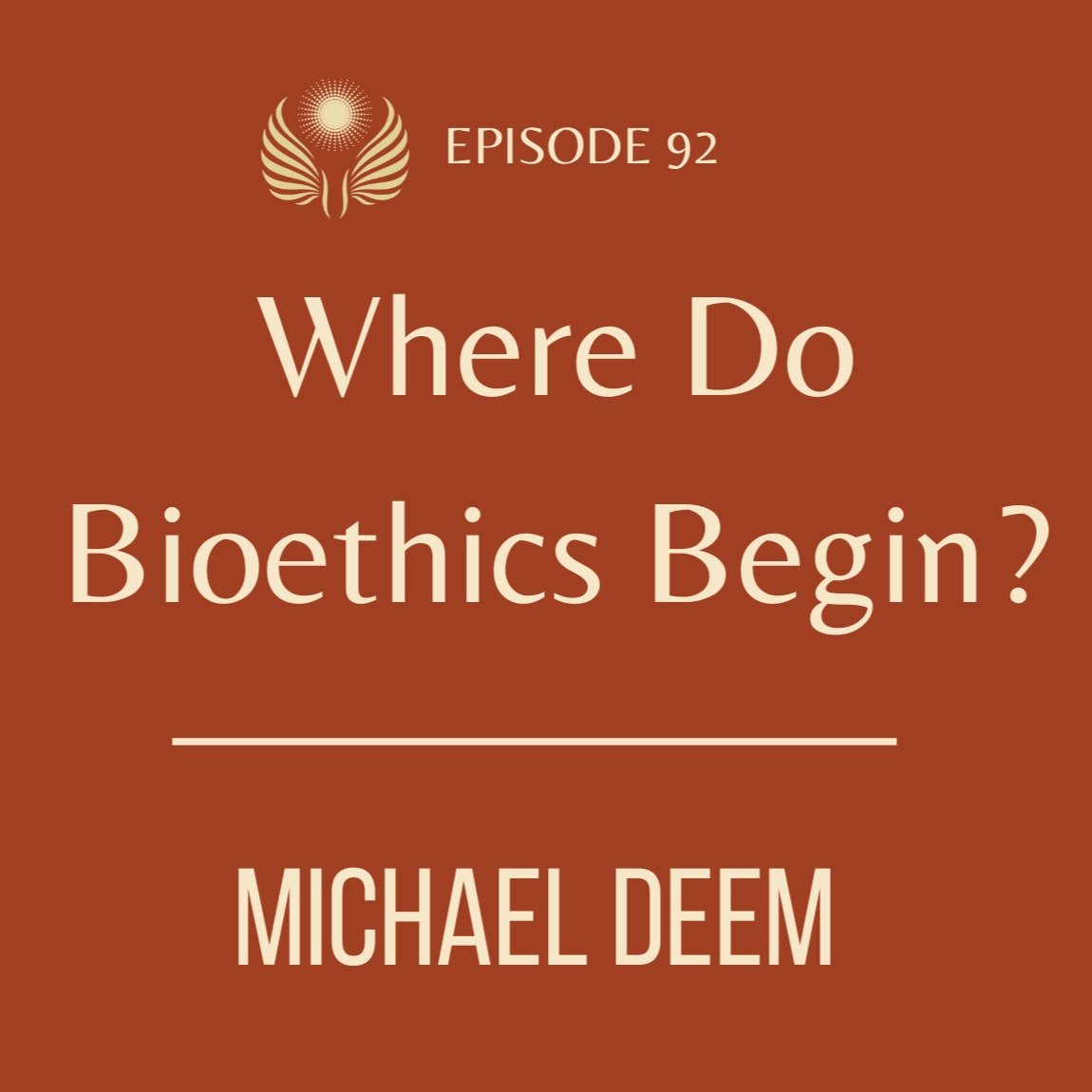The Genealogies of Modernity Journal
Arnold Lunn and the Religiosity of “Modern” Mountain Athletes
Lunn’s story illustrates the reality that one need not choose between being a “modern” and “classical” mountain enthusiast or between being an inventor or follower of tradition.
Margaret Sutton on the “something else“ we find in the mountains
Primer of Phylogenetic Networks
David Morrison offers a scientific deep-dive on networks of change
Cats, Lost and Found
For more seasoned readers, these chapters also uncover the feline motifs that, like medieval marginalia, are everywhere on the edges of this history but have mostly escaped notice until now.
Caroline Hovanec reviews Marx for Cats
Where Do Bioethics Begin?
Do bioethicists actually change minds?
An interview with Michael Deem
“But all the fun’s in how you say a thing”: Robert Frost’s Risky Readings
[Frost’s] theories of “sentence sounds” and “sound-posture” insisted that tone and spoken vocal inflection–how words sound when we say them–should be the material of poetry, a poetic paradigm which was perfectly suited to performance.
Isabelle Stuart on the history of modern poetry recordings
Reading Voices: What Can We Learn from Modernist Poetry Recordings?
There have been drastic changes in how poetry sounds to readers over the last hundred and fifty years, troubling the illusion that reading silently can offer us access to the poem as it sounded to the writer.
Isabelle Stuart on the history of modern poetry recordings
An Interview with Samuel Hazo
An interview with Samuel Hazo, founder of the International Poetry Forum
Who Needs a Horse That Flies? Pt. III
The absence of poetry from our daily discourse and our public life leaves a total vacuum because there is no substitute for it.
Samuel Hazo on the relevance of poetry for modern life
Who Needs a Horse That Flies? Pt. II
It is in the world of the incarnate word that we find our true selves, and it is the imagination that takes us there.
Samuel Hazo on the relevance of poetry for modern life
Who Needs a Horse That Flies? Pt. I
Most of what we do or make, for good or ill, originates in the imagination.
Samuel Hazo on the relevance of poetry for modern life
The “Glad Game” in the Twenty-First Century: Reclaiming Pollyanna’s Optimistic Legacy
What I suggest is we have attributed intellectual deficiencies to Pollyanna as a character that she does not possess in Porter’s books because they align with our changing cultural paradigms about optimism.
LuElla D’Amico revisits an icon of childhood literature
Amrita Sher-Gil and the Construction of a Global Modernity
Much ink has been spilled on whether Amrita Sher-Gil’s work was “modernist” or “realist,” Eastern or Western, modern or traditional.
Vaishnavi Patil offers a fresh reading of Amrita Sher-Gil
War and Revenge, Obsession and Destruction: A Genealogy of the Golem Myth
War, revenge, and obsession are driven by the perception of control and hopes for victory and utopia, but ultimately result in being drawn into one’s own destruction.
Sarah MacMillen delves into applications of the Golem myth
Genealogies of Modernity Podcast Recap
The entire season of the Genealogies of Modernity podcast is live and available to stream!
Moralism in an Ironic Age: Samuel Johnson and David Foster Wallace
Ten years ago, when I was in college, it was fashionable to perform an ironic attitude toward the world. Millennials were dubbed the ironic generation.
Luke Foster responds to the Genealogies of Modernity podcast
The Moralists: David Foster Wallace & Samuel Johnson
If David Foster Wallace stands athwart postmodernity yelling slow down, so too does Samuel Johnson stand athwart modernity, yelling at least define your terms.
Katy Carl responds to the Genealogies of Modernity podcast
Johnson and Wallace: Acid Attackers or Reconstructive Surgeons?
I surmise that Wallace knew that life could only be an infinite jest if it were either a divine comedy or a nihilist nightmare.
Daniel Zimmerman responds to the Genealogies of Modernity podcast
The Enemy of Morality is Not Modernity, It’s Me
The final episode of the Genealogies of Modernity podcast is live!






















